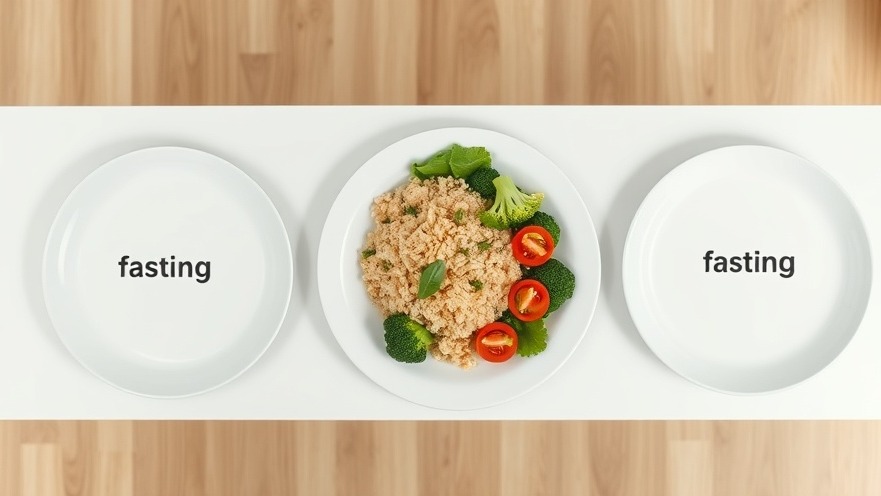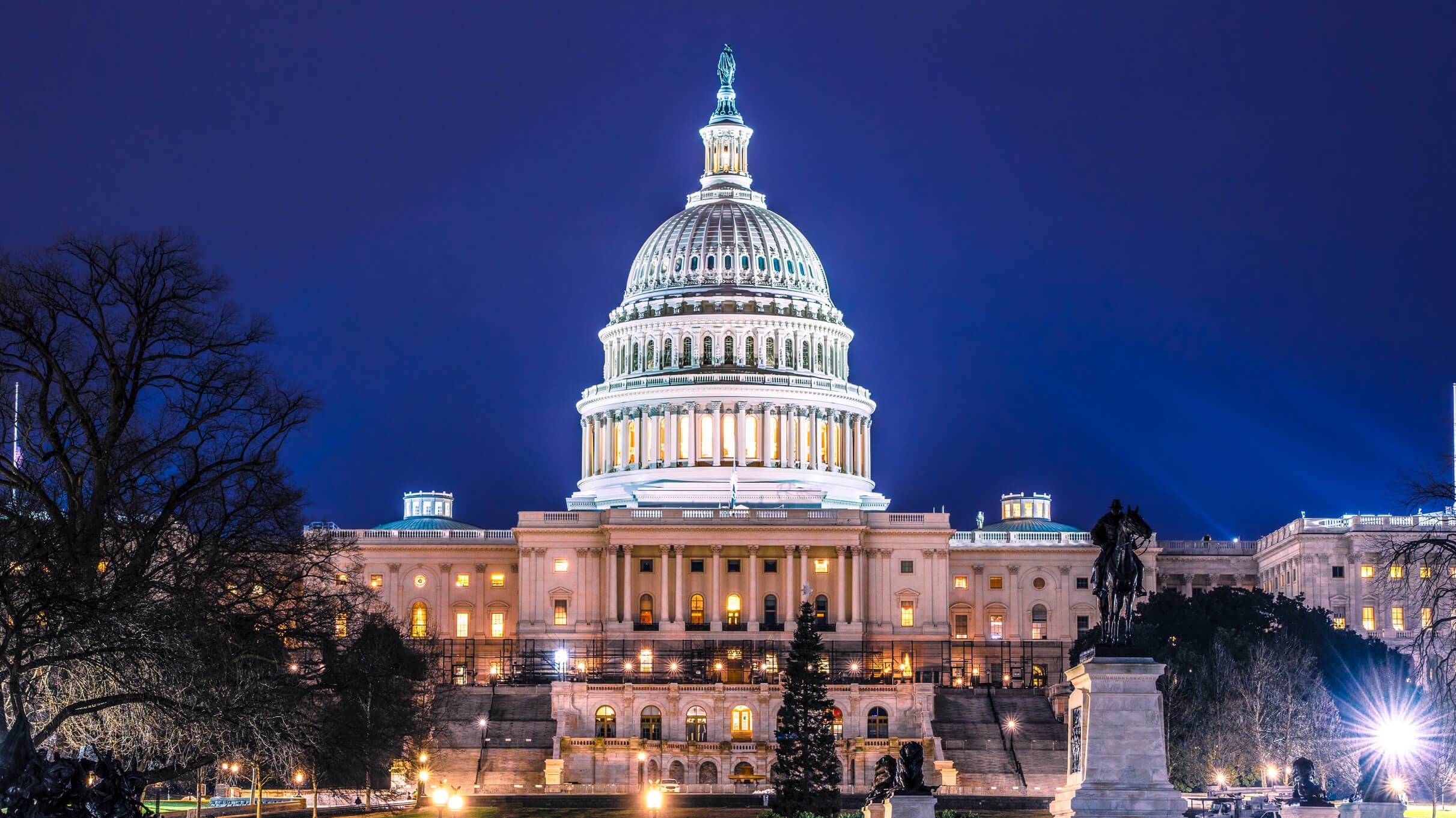
The Dark Side of Energy Drinks: Understanding the Risks
Energy drinks are often marketed as a quick fix for fatigue and an essential pre-workout boost. However, as more consumers incorporate these beverages into their daily routines, concerns about their long-term health impacts are emerging. As discussed in The Harsh Truth About Energy Drinks, energy drinks can contribute to various health issues, from sleep disturbances to potential cardiovascular problems. The consumption of these drinks has skyrocketed, raising questions about their safety and the science behind their ingredients.
In The Harsh Truth About Energy Drinks, the discussion dives into the health risks of energy drinks, exploring key insights that sparked deeper analysis on our end.
Energy Drinks and Mental Health: A Cause for Concern
One of the lesser-known effects of energy drinks is their impact on mental health. High caffeine content combined with added sugars and other stimulants can lead to conditions like anxiety and increased heart rate. Regular consumption can disrupt sleep patterns, leading to a cycle of dependency where individuals rely on energy drinks to counteract their fatigue caused by poor sleep. It's crucial to recognize that what starts as a quick energy boost can spiral into long-term health challenges.
Understanding Taurine and Its Misconceptions
A particularly contentious ingredient in many energy drinks is taurine. Some studies have linked it to adverse effects, although these studies often exaggerate the findings to sensationalize the dangers. As noted in the original discussion, while studies in mice may raise red flags, they don't directly translate to human experiences. It's essential to approach such claims critically, understanding that fear can lead to misinformation. The balance between acknowledging potential side effects and promoting informed consumption is key here.
Alternative Options for Staying Energized
If you're looking for healthier alternatives to energy drinks, consider options such as green tea, matcha, or even simply staying hydrated with water. Incorporating foods rich in complex carbohydrates, proteins, and healthy fats can provide sustained energy without the crashes associated with sugar-laden drinks. Additionally, regular physical activity and sound sleep hygiene are fundamental in maintaining energy levels throughout the day.
Policy Recommendations: A Healthy Future
In light of these health concerns, there are growing conversations around policies that address the availability of energy drinks, especially among vulnerable populations. As discussed regarding financial aid and access to health food, public health initiatives could benefit from promoting healthier choices. Removing energy drinks from subsidized food programs could encourage better health outcomes and alleviate some of the burdens on our healthcare systems.
Final Thoughts
While energy drinks may offer a temporary solution to fatigue, their potential health risks should not be overlooked. As consumers, it’s imperative to make informed choices and advocate for healthier options. As discussed in The Harsh Truth About Energy Drinks, it’s overwhelming how much misinformation circulates surrounding health topics. By seeking balanced information and making conscious decisions, we can protect our health and well-being.
 Add Row
Add Row  Add
Add 




 Add Row
Add Row  Add
Add 

Write A Comment